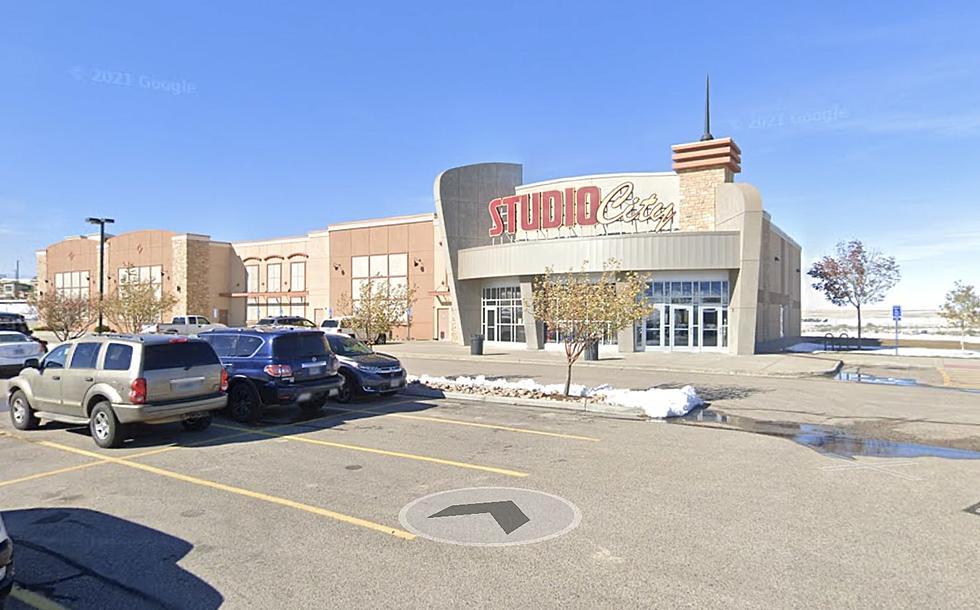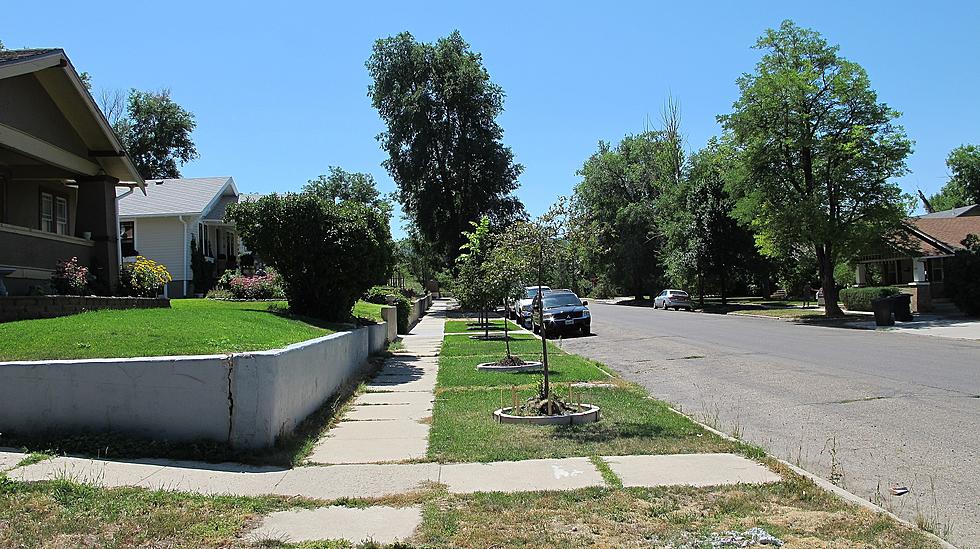
Meals On Wheels Keeps Rolling, But The Drive Is Uphill
The local charity that feeds hundreds of senior citizens a day wants Casper to know the demands on its services are growing, its executive director said.
"Five years from now, we are going to see an increase in our population of need," Jamie Loveall said
"What that's going to mean for Meals on Wheels is we're going to need more volunteers and we're going to need more room," Loveall said. She recently talked about the charity's needs at a Casper City Council work session.
The charity, with a $1.8 million budget of which 68 percent is composed of state and federal funding, served 165,000 meals in its last fiscal year with the help of 42 volunteers.
As the population ages, these numbers will rise.
But Meals on Wheels can't rise with them without some major improvements, Loveall said.
The city-owned building at 1760 E. 12th St., is landlocked by the LifeSteps Campus and the Highland Cemetery. It can't expand into its parking lot because of the volunteers who park there, she said.
The best idea so far would be to build a satellite office probably in west Casper, Loveall said. That would allow the kitchen to expand -- with newer equipment -- into the existing office space. A satellite office would house administration offices and serve as a distribution hub for the meals.
The kitchen, the material heart of the charity, has food lines for hot and cold meals. Hot meals are delivered in special bags heated by ceramic blocks.
The kitchen has no fryer. It uses fresh food as much as possible, often provided by agencies such as Food Bank of the Rockies, Loveall said.
The kitchen workers prepare food with the help of a computer system with a database of clients' names, addresses, and the routes of the volunteers who deliver the meals, Loveall said.
Most important, it details what they can and cannot eat often because of health issues, she said. Some foods that would be considered healthy can cause adverse reactions with medications, she said. Without more support, Meals on Wheels may need to trim that personalized service.
While this sounds expensive, living in an assisted care facility is far costlier in terms of money and humanity, Loveall said. "If we keep people in their homes, we keep them happy and we prolong their lives. And it helps the community."
Meals on Wheels also provides a major service by checking on people who are not seen and not heard around the community, Loveall said. "It's not just a meal."
The volunteers provide a valuable humanitarian service, she said. "If you were home all day, by yourself, didn't talk to anybody, how lonely that would be for you.
"And so at least our drivers provide a 'hey, how are you today,' a smiling face, a friendly handshake, a meal and a well-being check."
More From K2 Radio









